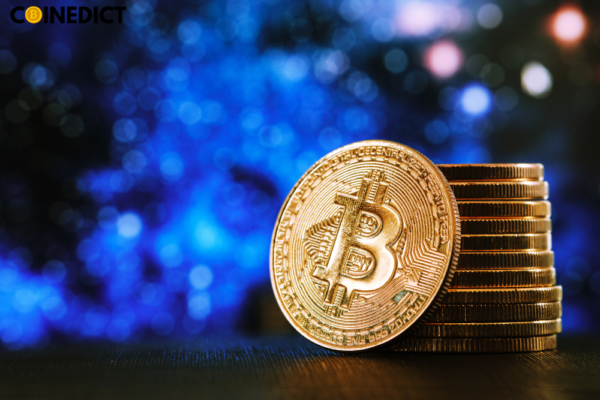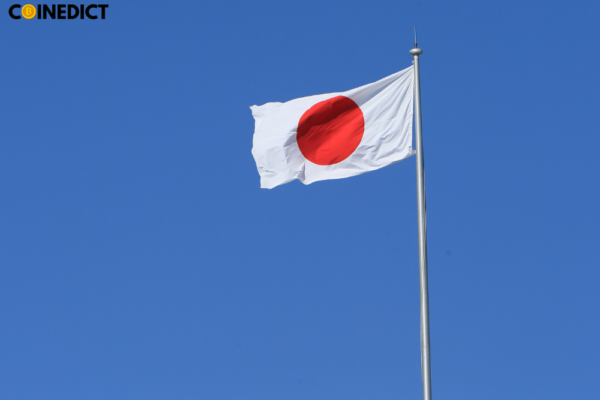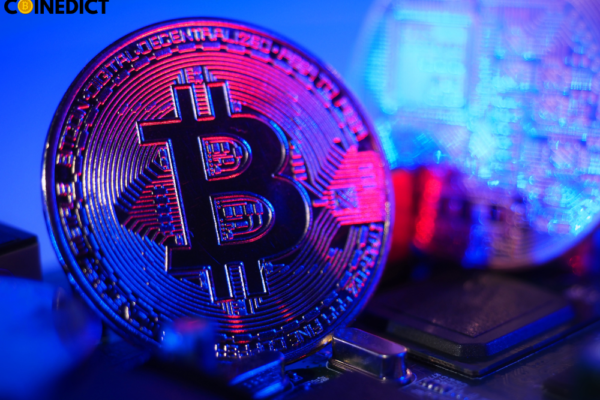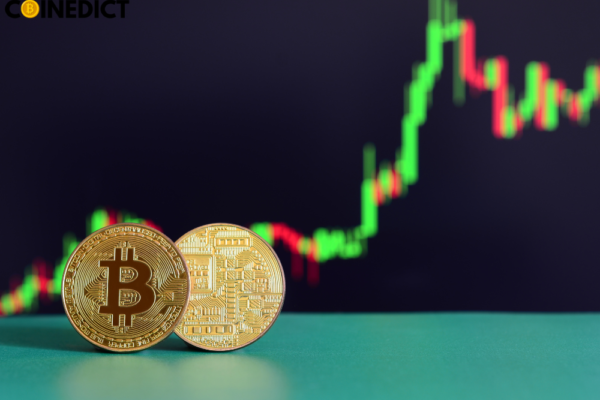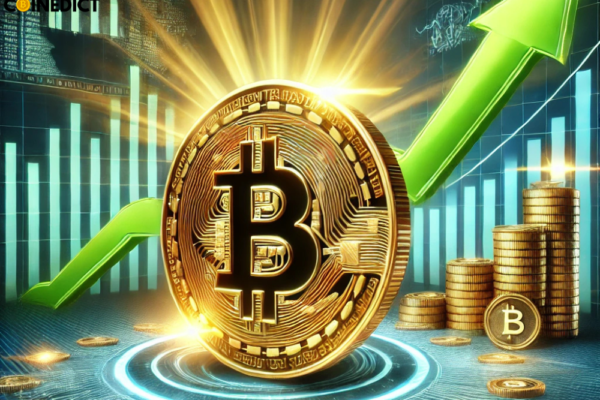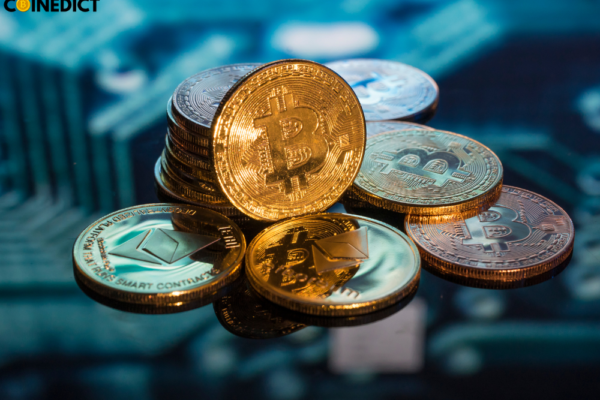
Crypto Liquidations Hit $271 Million: A Hidden Storm Amid Market Recovery
While it may seem like the cryptocurrency market is entering a recovery phase, the latest liquidation figures tell a different story. According to data from CoinGlass, total liquidations have surged to $271 million, marking the highest level of the week so far. This wave of liquidations is affecting both established assets like Bitcoin (BTC) and Ethereum (ETH) as well as newer projects like NEIRO. Understanding Crypto Liquidations Liquidation in the crypto market occurs when traders are forced to close their leveraged positions due to insufficient margin. This process often amplifies price volatility, as significant liquidations can trigger a cascade effect, causing prices to drop further. Current Liquidation Trends: What’s Happening? The sudden rise in crypto liquidations, totaling $271 million, has caught the attention of traders and investors. Here’s a breakdown of what’s driving this trend: 1. Leveraged Trading at Risk 2. Bitcoin and Ethereum Liquidations 3. Impact on Newer Projects like NEIRO Why Liquidations Are Spiking Amid a Recovery Mode The current spike in liquidations comes at a time when the market was perceived to be in recovery mode. Here are the key reasons why this contradiction is occurring: 1. Bull Traps and False Breakouts 2. High Volatility and Thin Liquidity 3. Macro and Regulatory Factors Impact of Liquidations on the Crypto Market The surge in liquidations is having both immediate and longer-term impacts on the crypto market: 1. Short-Term Volatility 2. Diminished Confidence 3. Opportunities for Dip Buyers Looking Ahead: Will Liquidations Continue? The future trend of crypto liquidations will depend on several factors: 1. Market Sentiment and Recovery Momentum 2. Regulatory Clarity and Macro Trends Conclusion: A Contradictory Market Phase The recent surge in crypto liquidations, topping $271 million, underscores the complex dynamics at play in the current market. While broader indicators suggest that a recovery might be underway, high leverage and volatility are still causing significant liquidation events, reflecting underlying market fragility. For traders and investors, navigating this environment requires a balanced approach. While the allure of a recovery rally is strong, the risk of liquidation remains high, particularly for those engaging in leveraged trading. As the market continues to evolve, a cautious approach—coupled with a keen eye on liquidation trends—will be crucial for managing risk and identifying opportunities in the volatile crypto landscape.







